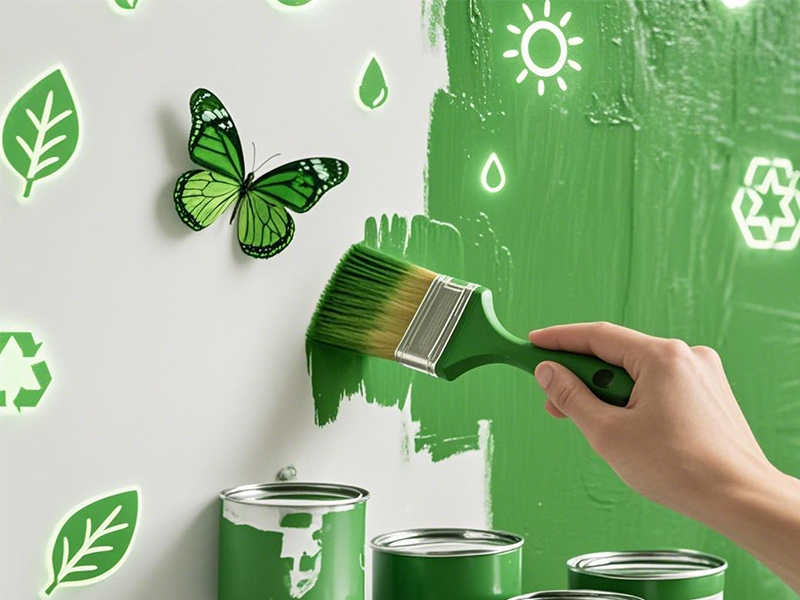2-에틸헥실 아크릴레이트(2EHA) 품질 검사는 고순도 수지, 접착제 및 코팅제에 사용되는 이 단량체가 엄격한 순도, 성능 및 안전 기준을 충족하는지 보장하기 위한 철저한 과정입니다. 주요 검사 항목으로는 순도가 있으며, E Plus Chemical Co., Ltd.는 99% 순도를 목표로 하며, 이는 가스 크로마토그래피(GC)를 통해 확인됩니다. 불순물이 중합 반응이나 최종 제품의 물성에 악영향을 줄 수 있기 때문입니다. 카를 피셔 적정법(Karl Fischer titration)을 사용하여 수분 함량을 점검하는데, 일반적으로 0.1% 이하의 수분 함량이 허용됩니다. 과도한 수분은 유화 안정성을 해칠 수 있습니다. 적정법을 통한 산도 측정도 이루어지며, 예를 들어 아크릴산 기준 0.05% 미만으로 유지되어 장비 부식이나 중합 반응 중 부정적인 반응을 방지합니다. 색상은 육안 또는 분광광도계로 평가되며, 무색 내지 옅은 노란색의 2EHA는 고품질을 나타냅니다. 변색은 분해를 시사할 수 있습니다. 그 외 검사 항목으로는 저장 중 조기 중합을 방지하기 위한 저지제 함량, 밀도 및 굴절률 측정이 포함되며, 이는 화학적 일관성을 확인합니다. 안전성 측면에서는 유해 화합물 식별을 위한 불순물 스크리닝을 통해 규제 기준을 준수하는지 확인합니다. E Plus Chemical은 생산 전 원자재 검사, 촉매 중합 반응 중 공정 내 모니터링, 출하 전 최종 배치 검사 등 전 과정에서 품질 검사를 수행합니다. 자동화 시스템과 교정된 계측 장비를 사용하여 정확도를 보장하고, 결과 문서화를 통해 추적성을 확보합니다. 이러한 엄격한 검사 과정을 통해 2EHA가 고객 요구사항 및 산업 표준을 충족하여 고성능 응용 분야에서 핵심 단량체로서 신뢰성 있게 사용될 수 있도록 보장합니다.
